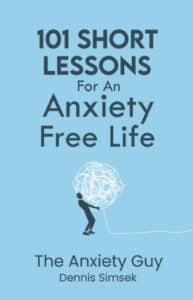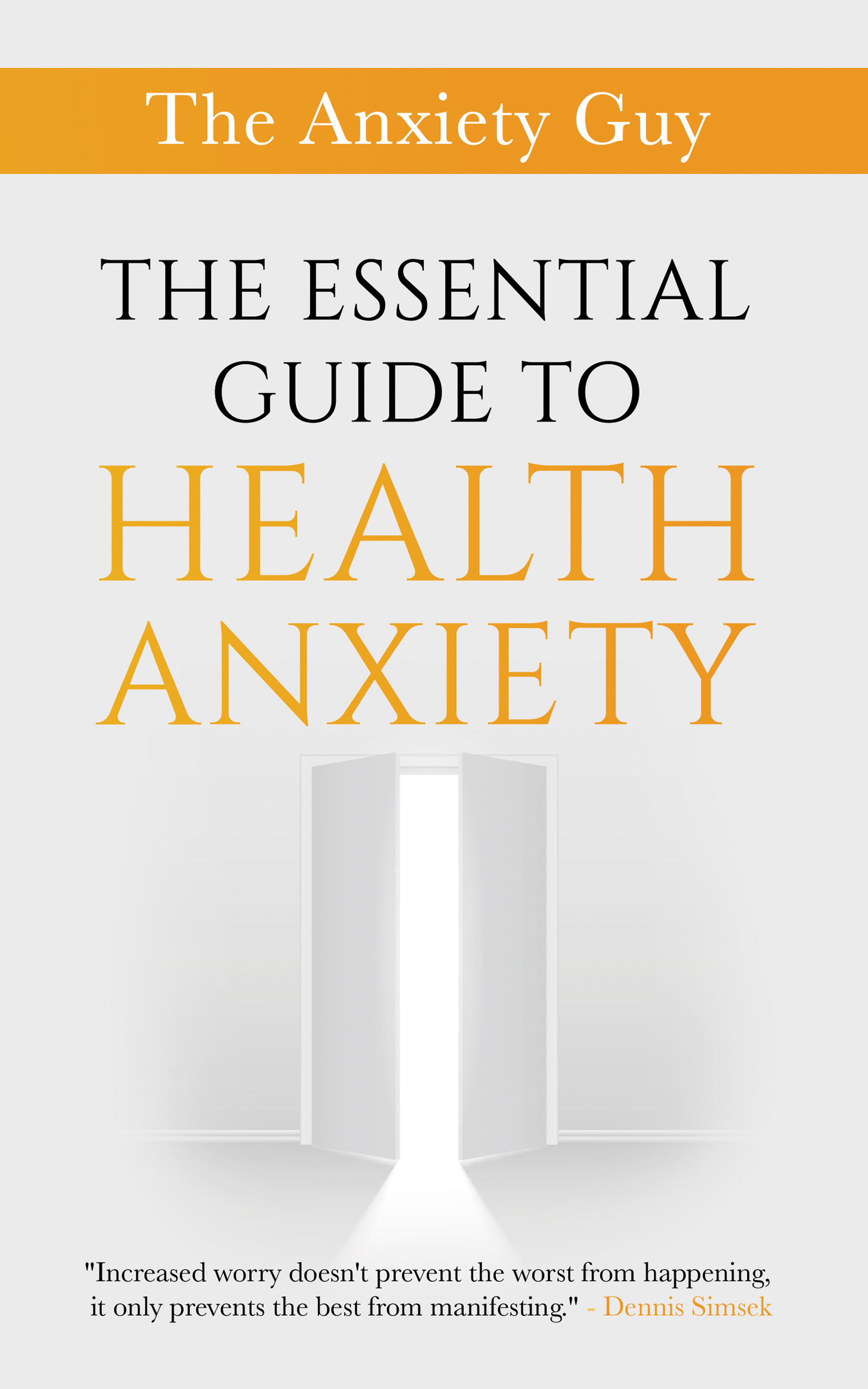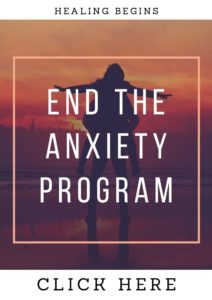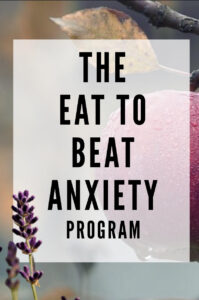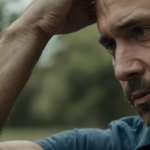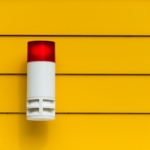You noticed a strange muscle twitch, maybe a flutter in your chest. So, you do what millions of people I work with through my programs do: open up Google and type in your symptom as the self diagnosing online pattern strengthens.
Ten minutes later, you’re spiraling. Convinced it’s ALS, a heart attack, or a tumor.
Sound familiar?
You’re not alone. I lived in that loop for years. The body would whisper and the mind would scream. And every time I searched for symptoms online my anxiety gained strength. This isn’t just overthinking it’s something many of us unknowingly experience. It’s called cyberchondria, and it fuels health anxiety like nothing else.
Let’s unpack it together—and more importantly, let’s talk about how to step out of it.
What is Cyberchondria, Really?
Cyberchondria is when someone repeatedly searches online for health-related symptoms, often leading to increased anxiety, fear of illness, and even full-blown panic. It’s a digital-age twist on hypochondria but with access to endless (often unfiltered) information at your fingertips.
When you’re already prone to health anxiety Googling symptoms isn’t just unhelpful, it can be a major trigger.
And trust me, I get it. When your body feels off, the mind scrambles to explain it. We crave certainty. We want a label, an answer, a fix. But in the world of health anxiety that certainty chase keeps us stuck.
Why Self-Diagnosing Online Makes Health Anxiety Worse
Let’s get real. Here’s what tends to happen when we turn to Dr. Google:
-
We catastrophize. A headache turns into a possible aneurysm. A stomach ache? Maybe stomach cancer. We scroll past the benign possibilities and cling to the worst.
-
We override our bodies. Instead of tuning inwards gently and curiously we analyze and interrogate every sensation like a detective chasing a criminal.
-
We confuse anxiety with illness. Anxiety mimics dozens of physical conditions like tight chest, dizziness, nausea, muscle twitching. So what do we do? We assume the worst case, over and over.
-
We feed the loop. Every search is a short-term attempt to feel safe but it actually increases the long-term fear.
The more we Google the more our brain learns: “symptom = danger = find answers fast.” Over time, the brain gets better at panic and worse at peace.
This is a big part of my upcoming book The Middle Way in which I speak about how ‘The Protector” within loves when you grab hold of extremes. Meaning, it presents you with a thought, a feeling, or symptom and immediately you’re dragged into an extreme level of emotion around feelings like fear, victimhood, anger, bewilderment or others.
My Personal Breaking Point
There was a time when I couldn’t go a single day without searching. I’d scan forums, compare symptom lists, even watch YouTube videos of people talking about their “rare conditions.” I thought I was educating myself. But I was really just feeding the fear.
The turning point came after a panic attack landed me in the ER. Everything checked out fine but my mind was still convinced something had been missed. I realized then that no test, no scan, no reassurance could outdo what my nervous system had learned: fear = action = control. But control was killing my peace.
What To Do Instead: Breaking Free From the Cycle
Here’s what helped me—and what I teach those walking the same path today:
🧠 1. Recognize the Pattern
Start by catching the moment where the urge to search appears. The Protector within that says, “Just check to be safe.” Stop right there.
Ask yourself:
-
Am I seeking reassurance or understanding?
-
Am I falling for extremes again, the bait?
-
Is this real or a well learned habit?
Most of the time, the answer isn’t more information it’s more inner regulation through presence, Surrender Sessions on YouTube, and a reminder that all this is coming from a part of you, but it’s not you.
📱 2. Set Boundaries With Technology
If your phone is your biggest enabler, create friction:
-
Move your search engine app off your home screen, in fact move all the social media apps you spend too much time on off your Home Screen so it becomes harder to default to.
-
Set a timer if you absolutely must look something up (2 minutes max).
-
Use website blockers to restrict access to medical forums or symptom databases
You don’t have to live without the internet you just don’t need it managing your health anxiety.
🫁 3. Bring the Focus Back to the Body—Gently
When we’re caught in cyberchondria we’re usually in our heads. Reconnecting with the body can break that loop.
Implement this:
-
Place your hand on the part of your body that feels anxious.
-
Breathe into it slowly.
-
Say: “I’m here with you. I’m listening, not fixing.”
This may sound simple, but it’s powerful ‘Middle Way’ reminder. It rewires the relationship between symptom and fear.
💬 4. Develop a New Inner Dialogue
Instead of:
-
“What if this is something serious?”
Respond with:
-
“This is a familiar pattern. I’ve felt this before. My nervous system is calling for safety.”
Over time these gentle reminders build emotional trust. And trust calms the fear faster than any article ever will.
🤝 5. Stop Convicting Yourself that It’s a Need
Using search engines to diagnose your anxiety symptoms is not a need, it’s a habit connected to perceived safety. However, if you continue down this path and don’t replace that habit with something else you will only make it harder to alter in the future.
As much as it may feel like a need, reminder yourself that it’s a well learned coping reaction and you can begin losing interest in it.
Final Thoughts on Self Diagnosing Online: You Don’t Need More Information, You Need More Safety
Self diagnosing online convinces us that the next post, the next video, the next test will finally be the one that puts our mind at ease. But it never is, is it?
Because information isn’t the answer. True Safety is.
And safety doesn’t come from Google. It comes from learning to be with the discomfort, to breathe through the unknown, and to choose curiosity over panic again and again.
If you’re stuck in the loop of cyberchondria, I want you to know this:
You’re not broken. You’re not crazy. You’re not alone.
You’ve simply been taught to fear what your body is asking you to feel.
Let’s unlearn that together, your path to lasting health anxiety relief starts here.
If this post resonated, I invite you to watch this week’s video below on The Middle Way where we go even deeper into breaking the anxiety cycle for good:


